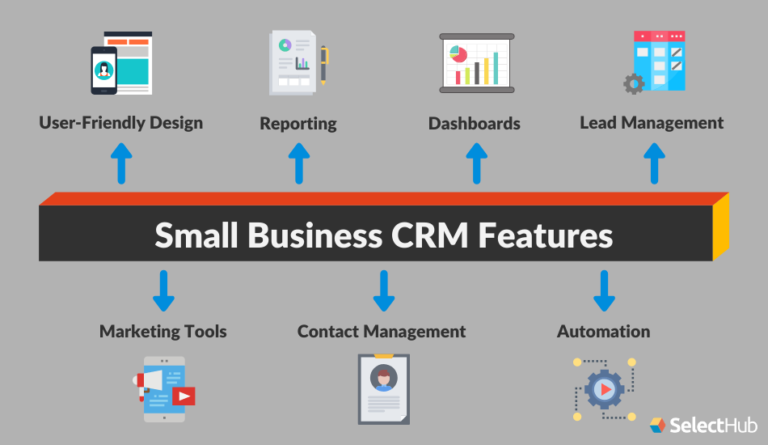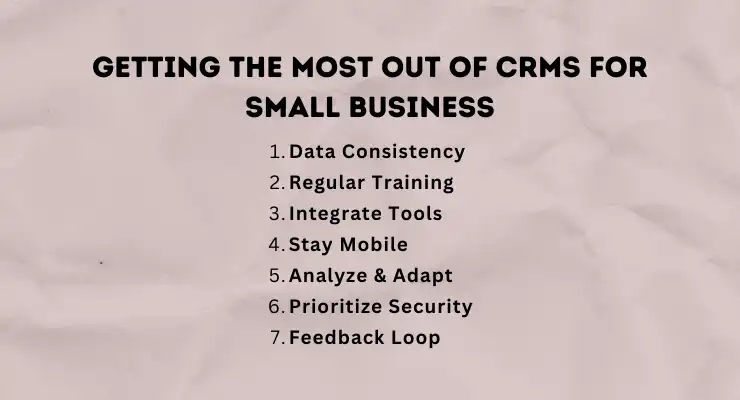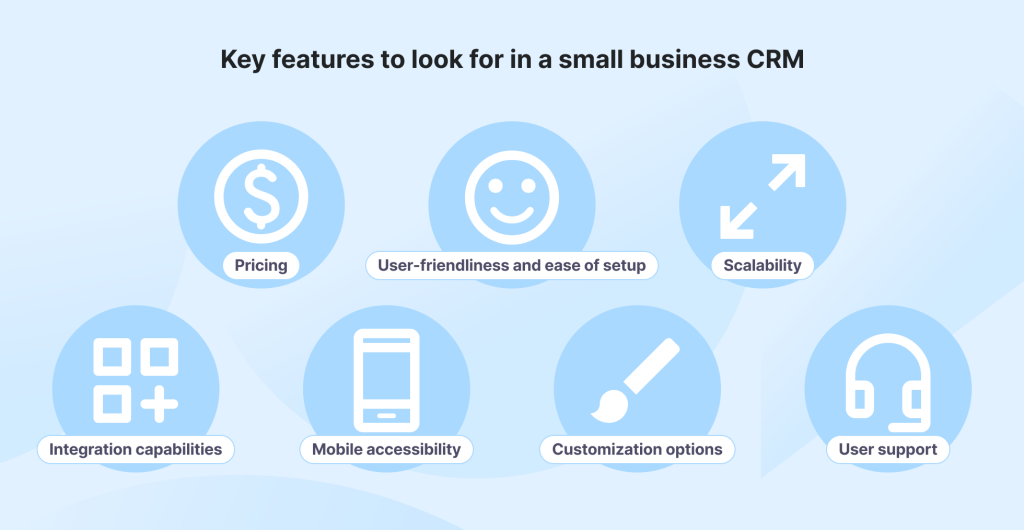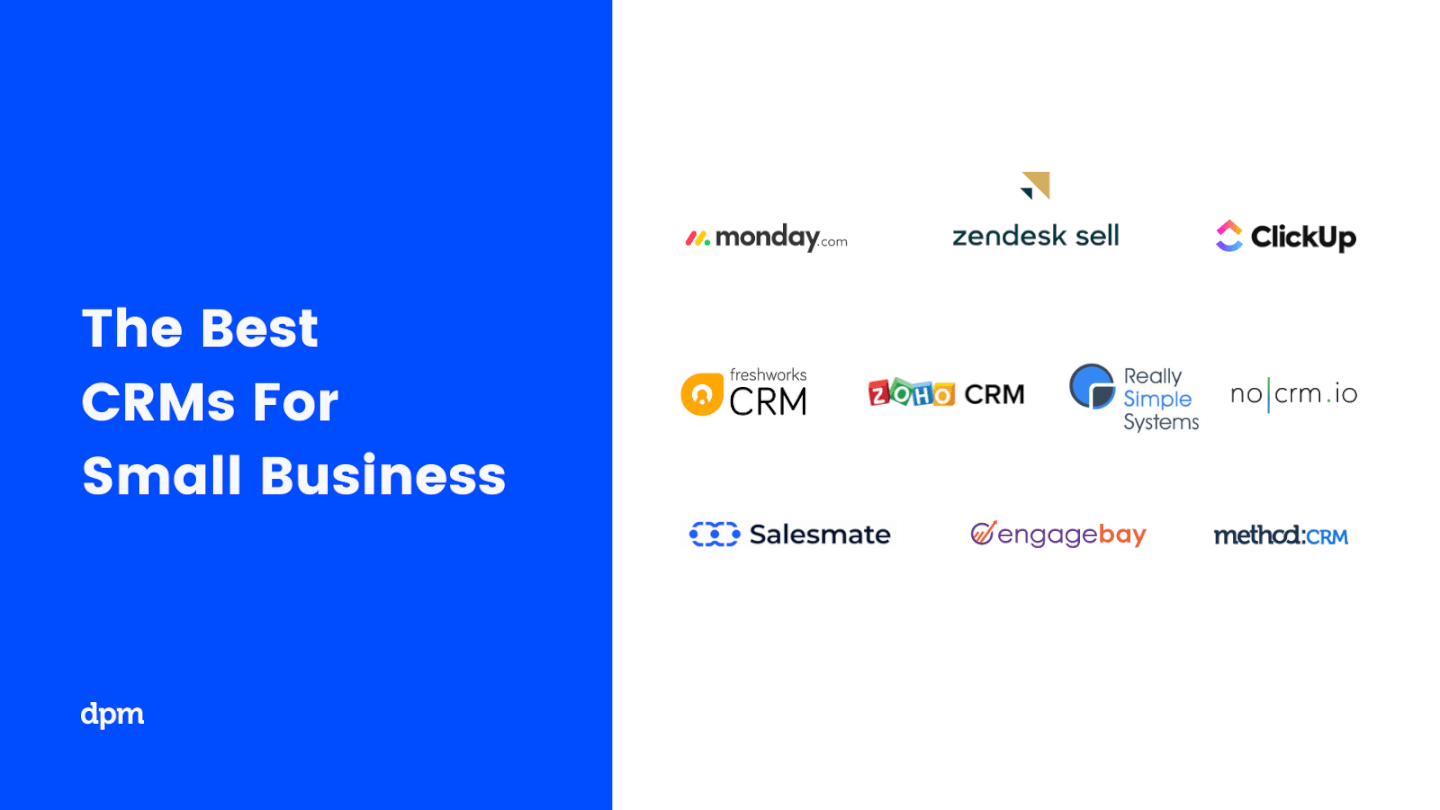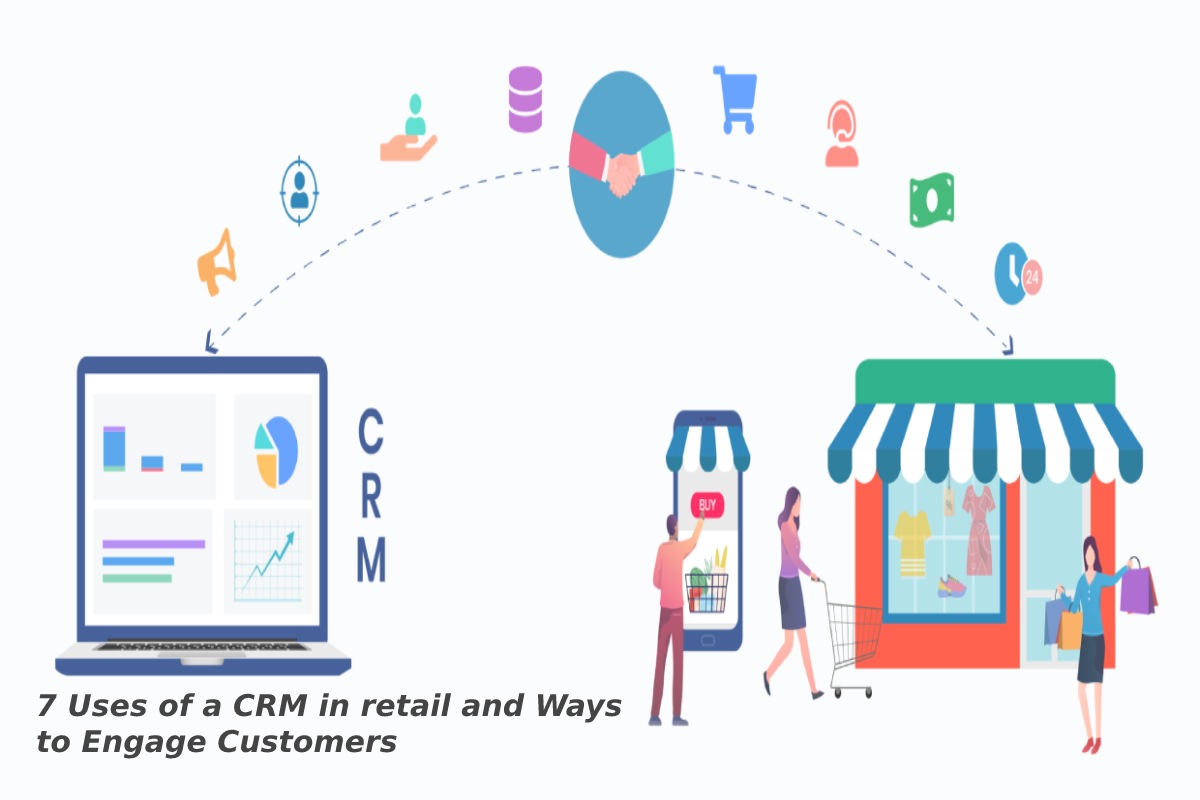Supercharge Your Small Business Growth: The Ultimate Guide to CRM Systems
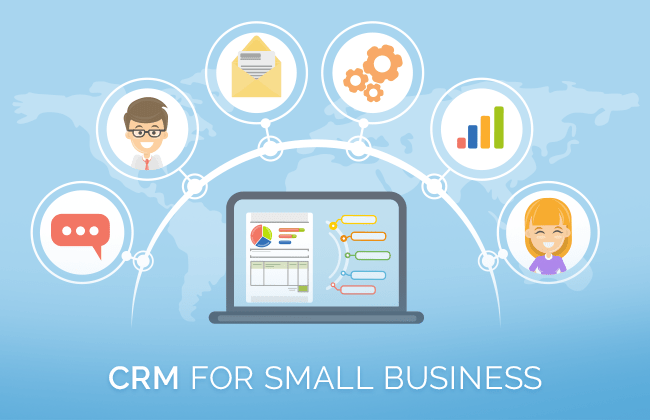
Introduction: Why CRM is No Longer Optional for Small Businesses
In the fiercely competitive landscape of today’s market, small businesses are constantly seeking an edge. They need tools that not only streamline operations but also fuel growth. One such tool, often underestimated, is a Customer Relationship Management (CRM) system. Gone are the days when CRM was solely the domain of large corporations with hefty budgets. Today, affordable and user-friendly CRM solutions are readily available, making them a game-changer for small businesses looking to expand.
This comprehensive guide dives deep into the world of CRM for small business expansion. We’ll explore what CRM is, why it’s crucial, how to choose the right system, and how to implement it effectively to witness tangible results. Get ready to transform your customer interactions, boost sales, and unlock unprecedented business growth.
What Exactly is a CRM System? Demystifying the Jargon
CRM stands for Customer Relationship Management. At its core, a CRM system is a technology designed to manage and analyze customer interactions and data throughout the customer lifecycle. Think of it as a centralized hub for all things customer-related. It’s a digital repository for contact information, communication history, sales pipelines, and much more.
Instead of scattering customer data across spreadsheets, email inboxes, and sticky notes, a CRM consolidates everything in one place. This 360-degree view of your customers empowers you to:
- Understand Your Customers Better: Gain valuable insights into their preferences, needs, and behaviors.
- Personalize Interactions: Tailor your communication and offers to resonate with individual customers.
- Improve Customer Service: Provide faster, more efficient, and more informed support.
- Boost Sales: Identify and nurture leads, track sales progress, and close deals more effectively.
- Enhance Marketing Efforts: Segment your audience, target specific groups, and measure campaign performance.
In essence, a CRM system helps you build stronger, more profitable relationships with your customers, which is the cornerstone of sustainable business expansion.
Why CRM is a Must-Have for Small Business Expansion
In the early stages of a small business, it’s relatively easy to manage customer interactions manually. However, as your customer base grows, this approach quickly becomes unsustainable. Trying to keep track of everything in your head or on scattered spreadsheets leads to missed opportunities, frustrated customers, and ultimately, lost revenue. Here’s why CRM is indispensable for small business expansion:
1. Improved Customer Relationships
CRM allows you to build deeper, more meaningful relationships with your customers. By understanding their needs, preferences, and purchase history, you can personalize your interactions and provide a more tailored experience. This fosters loyalty and encourages repeat business.
2. Increased Sales and Revenue
CRM systems are designed to streamline the sales process, from lead generation to deal closure. They help you track leads, manage your sales pipeline, and identify opportunities to upsell and cross-sell. This results in a significant boost in sales and revenue.
3. Enhanced Efficiency and Productivity
CRM automates many time-consuming tasks, such as data entry, email marketing, and appointment scheduling. This frees up your team to focus on more strategic activities, such as building relationships with customers and closing deals. Increased efficiency translates into higher productivity and a better bottom line.
4. Better Data Management and Insights
A CRM system centralizes all your customer data in one place, making it easy to access, analyze, and report on. You can gain valuable insights into your customer behavior, sales performance, and marketing effectiveness. This data-driven approach enables you to make informed decisions and optimize your business strategies.
5. Improved Collaboration and Communication
CRM systems facilitate collaboration and communication among your team members. Everyone has access to the same customer information, ensuring that everyone is on the same page. This reduces the risk of miscommunication and improves the overall customer experience.
6. Scalability and Future-Proofing
As your business grows, your CRM system can scale with you. Many CRM solutions offer a variety of features and integrations that can be customized to meet your evolving needs. Investing in a CRM system now ensures that you’re prepared for future growth and success.
Choosing the Right CRM System: A Step-by-Step Guide
Selecting the right CRM system is a critical decision. The market is flooded with options, each boasting a unique set of features and benefits. The key is to find a system that aligns with your specific business needs, budget, and technical capabilities. Here’s a step-by-step guide to help you make the right choice:
1. Define Your Needs and Goals
Before you start evaluating CRM systems, take the time to clearly define your needs and goals. What are your primary objectives for implementing a CRM? Are you looking to improve customer service, increase sales, streamline marketing efforts, or all of the above? Identify the specific features and functionalities that are most important to your business. Consider the following questions:
- What are the biggest challenges you’re facing in managing customer relationships?
- What processes do you want to automate?
- What kind of reporting and analytics do you need?
- How many users will need access to the system?
- What is your budget?
2. Research Different CRM Systems
Once you’ve defined your needs, it’s time to start researching different CRM systems. There are many options available, ranging from free, basic systems to sophisticated, enterprise-level solutions. Consider the following factors when evaluating different systems:
- Features: Does the system offer the features you need, such as contact management, sales automation, marketing automation, and customer service tools?
- Ease of Use: Is the system user-friendly and intuitive? Will your team be able to learn how to use it quickly and easily?
- Integrations: Does the system integrate with other tools you use, such as your email marketing platform, accounting software, and website?
- Scalability: Can the system scale to accommodate your future growth?
- Pricing: What is the pricing structure? Does it fit within your budget?
- Customer Support: What level of customer support is offered? Is it readily available and responsive?
- Reviews and Ratings: Read reviews from other users to get an idea of their experiences with the system.
3. Consider Your Budget
CRM systems vary widely in price. Some offer free plans with limited features, while others charge monthly or annual subscription fees based on the number of users or features. Determine your budget before you start evaluating systems. Consider not only the initial cost but also any ongoing costs, such as training, support, and maintenance.
4. Evaluate Deployment Options
CRM systems are typically available in two deployment options: cloud-based (SaaS) and on-premise. Cloud-based systems are hosted on the vendor’s servers and accessed via the internet. On-premise systems are installed on your own servers. Cloud-based systems are generally more affordable and easier to set up and maintain, while on-premise systems offer more control and customization options.
5. Test Drive the System
Before you commit to a CRM system, take advantage of free trials or demos. This will give you an opportunity to test the system and see if it’s a good fit for your business. Have your team members try out the system and provide feedback. This will help you make an informed decision.
6. Choose the Right System
Based on your research, evaluation, and testing, choose the CRM system that best meets your needs and goals. Make sure to consider all the factors discussed above, including features, ease of use, integrations, scalability, pricing, and customer support.
Top CRM Systems for Small Business Expansion: A Comparative Look
The CRM landscape is vast, and choosing the right one can feel overwhelming. To help you narrow down your options, let’s examine some of the top CRM systems particularly well-suited for small business expansion.
1. HubSpot CRM
Best for: Businesses seeking a free, all-in-one CRM with robust marketing automation capabilities.
HubSpot CRM is a popular choice for small businesses due to its user-friendliness and generous free plan. It offers a comprehensive suite of features, including contact management, deal tracking, email marketing, and sales automation. The intuitive interface makes it easy for teams to get up and running quickly. HubSpot CRM’s marketing automation capabilities are particularly strong, allowing businesses to nurture leads and personalize customer experiences.
Key Features:
- Contact management
- Deal tracking
- Email marketing
- Sales automation
- Marketing automation
- Free plan available
2. Zoho CRM
Best for: Businesses looking for a customizable and affordable CRM with a wide range of integrations.
Zoho CRM is a versatile and feature-rich CRM system that offers a variety of plans to suit different business needs and budgets. It is highly customizable, allowing businesses to tailor the system to their specific requirements. Zoho CRM integrates with a wide range of third-party applications, making it easy to connect with other tools you use. The platform also offers robust sales automation and analytics features.
Key Features:
- Contact management
- Sales automation
- Marketing automation
- Customer service tools
- Customization options
- Wide range of integrations
3. Pipedrive
Best for: Sales-focused businesses seeking a visual and intuitive sales pipeline management tool.
Pipedrive is a CRM system specifically designed for sales teams. Its visual pipeline interface makes it easy to track deals and manage the sales process. Pipedrive offers a range of sales automation features, such as email tracking, automated follow-ups, and deal reminders. The system is known for its user-friendliness and ease of use.
Key Features:
- Visual sales pipeline
- Contact management
- Sales automation
- Deal tracking
- Email integration
- Reporting and analytics
4. Freshsales
Best for: Businesses looking for an all-in-one CRM with integrated phone and chat features.
Freshsales is a CRM system that offers a comprehensive suite of features, including contact management, sales automation, and customer service tools. It’s known for its integrated phone and chat features, which make it easy for sales and support teams to communicate with customers. Freshsales also offers a free plan and affordable paid plans.
Key Features:
- Contact management
- Sales automation
- Customer service tools
- Integrated phone and chat
- Lead scoring
- Reporting and analytics
5. Salesforce Essentials
Best for: Small businesses seeking a scalable CRM with a strong brand reputation and extensive features.
Salesforce Essentials is a simplified version of the Salesforce platform designed for small businesses. It offers a comprehensive set of features, including contact management, sales automation, and customer service tools. Salesforce Essentials is highly scalable, making it a good choice for businesses that are planning to grow. The platform also offers a wide range of integrations and a strong brand reputation.
Key Features:
- Contact management
- Sales automation
- Customer service tools
- Reporting and analytics
- Scalability
- Wide range of integrations
Implementing Your CRM System: A Roadmap for Success
Choosing the right CRM system is only the first step. Successful implementation is crucial to realizing the benefits of your investment. Here’s a roadmap to guide you through the implementation process:
1. Planning and Preparation
Before you start implementing your CRM system, take the time to plan and prepare. Define your goals, identify your key stakeholders, and develop a detailed implementation plan. This plan should include a timeline, budget, and list of tasks. Ensure that everyone on your team understands the importance of the CRM and their role in the implementation process.
2. Data Migration
Migrating your existing customer data to the new CRM system is a critical step. Clean and organize your data before migrating it to ensure accuracy and consistency. Map your existing data fields to the corresponding fields in the CRM system. Test the data migration process to ensure that all your data is transferred correctly.
3. Customization and Configuration
Most CRM systems offer customization options to tailor the system to your specific needs. Configure the system to meet your business requirements. This may involve customizing fields, creating workflows, and setting up integrations with other tools. Provide training to your team on how to use the system and its features.
4. Training and Adoption
Training your team on how to use the CRM system is essential for successful adoption. Provide training on the features that are most relevant to their roles. Offer ongoing support and resources to help them learn and use the system effectively. Encourage user adoption by highlighting the benefits of the CRM and providing positive reinforcement.
5. Testing and Refinement
Test the CRM system thoroughly before going live. Identify any issues and make necessary adjustments. Gather feedback from your team and use it to refine the system. Continuously monitor the system’s performance and make adjustments as needed.
6. Ongoing Maintenance and Optimization
CRM implementation is not a one-time event. It’s an ongoing process that requires maintenance and optimization. Regularly review your CRM data and make sure it’s accurate and up-to-date. Stay up-to-date with the latest CRM features and best practices. Continuously optimize your CRM system to maximize its effectiveness.
Maximizing Your CRM Investment: Best Practices for Small Businesses
Once your CRM system is up and running, there are several best practices you can follow to maximize your investment and ensure its long-term success:
1. Ensure Data Accuracy and Integrity
Accurate and complete data is the lifeblood of any CRM system. Implement processes to ensure that your data is accurate, consistent, and up-to-date. Regularly review your data and correct any errors. Encourage your team to enter data accurately and consistently.
2. Define Clear Processes and Workflows
Define clear processes and workflows for all your customer-facing activities. This will help your team to work more efficiently and consistently. Document your processes and workflows and make them easily accessible to your team. Automate tasks whenever possible to save time and improve efficiency.
3. Train Your Team Regularly
Provide ongoing training to your team on how to use the CRM system and its features. Stay up-to-date with the latest CRM features and best practices. Encourage your team to use the CRM system effectively and provide them with the support they need.
4. Analyze Your Data and Track Key Metrics
Regularly analyze your CRM data to identify trends, patterns, and insights. Track key metrics, such as sales conversion rates, customer satisfaction, and marketing campaign performance. Use this data to make informed decisions and optimize your business strategies.
5. Integrate Your CRM with Other Tools
Integrate your CRM system with other tools you use, such as your email marketing platform, accounting software, and website. This will streamline your workflows and improve data accuracy. Automation is key to reducing manual tasks and making everything run smoothly.
6. Seek Feedback and Make Improvements
Regularly seek feedback from your team on how they’re using the CRM system. Identify any areas for improvement and make necessary adjustments. Continuously optimize your CRM system to maximize its effectiveness.
Conclusion: The Path to Sustainable Growth
In conclusion, a CRM system is a powerful tool that can transform your small business and pave the way for sustainable growth. By implementing a CRM system, you can build stronger customer relationships, increase sales and revenue, improve efficiency and productivity, and gain valuable data insights. Choosing the right CRM system and following best practices will ensure that you maximize your investment and achieve your business goals.
Don’t let your business be left behind. Embrace the power of CRM and unlock your full potential for growth. The time to act is now. Start exploring the possibilities and take the first step towards a brighter future for your small business. Your customers, and your bottom line, will thank you for it.

